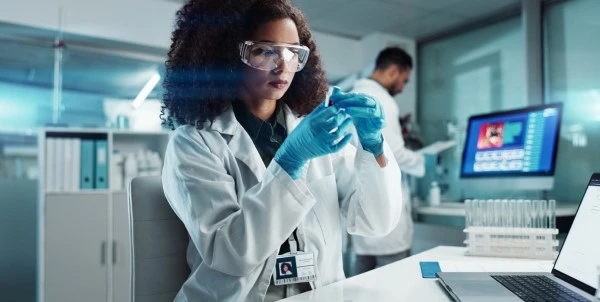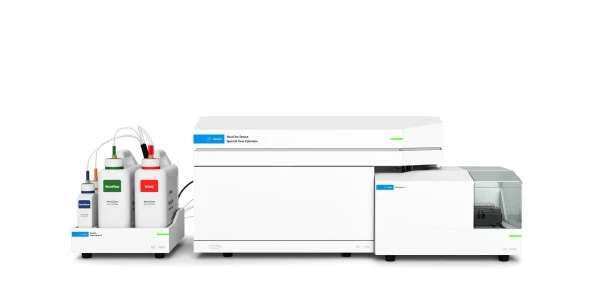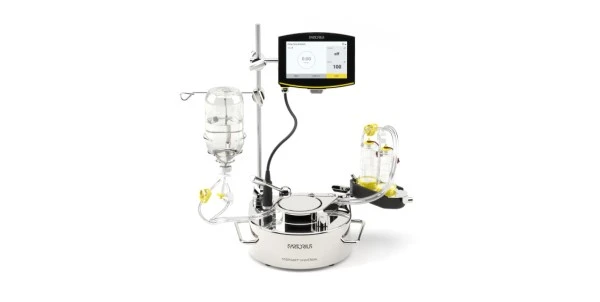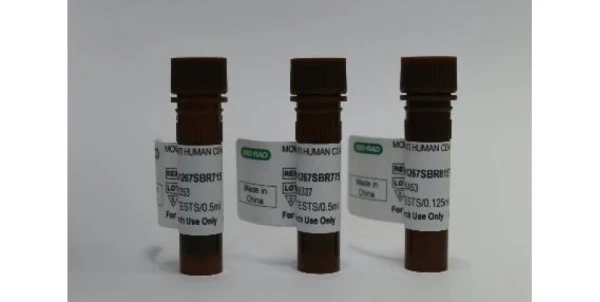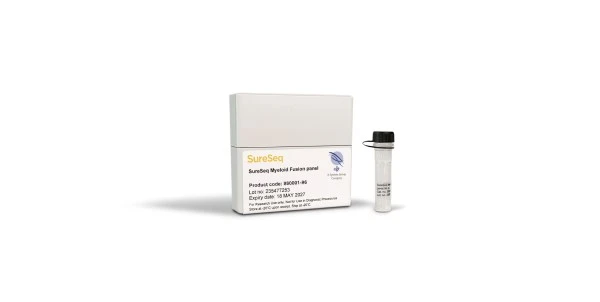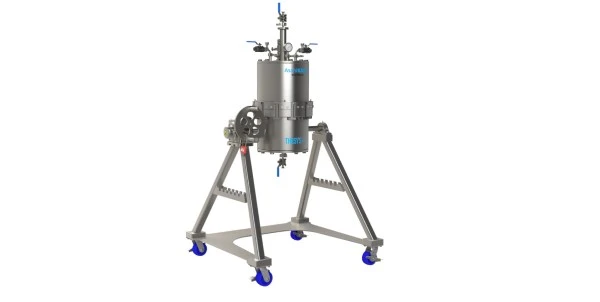
The Latest Cannabis Extraction Equipment and Technologies
What is cannabis extraction?
Extraction is the process of extracting compounds from raw materials, such as cannabinoids and terpenes from cannabis flower.
- Material must first be milled to produce a ground, homogenous starting product, followed by addition of an extraction solution to solubilize components in the liquid phase.
- Once filtered and separated, evaporation and distillation are performed to remove the extraction solution, leaving a concentrated extract rich with desired compounds.
- Fractional distillation, chromatography, and other post-processing methods can produce further purified compounds.
An extremely simple explanation – there are many details and modifications for consideration in the cannabis extraction process.
Why is cannabis extraction important?
Next to cultivation, extraction is the most important stage of production. Cannabinoids and terpenes can be destroyed, degraded, an otherwise lost due to improper extraction methods and handling. The quality of the product, the consistency, the yield, as well as the efficiency of the operation, cost and otherwise, all hinge on the success of the extraction process.
What are the types of cannabis extraction?
Cannabinoids and terpenes are largely water-insoluble and therefore typically require organic extraction solutions. Three main categories for organic extraction of cannabis include: hydrocarbon, alcohol, and carbon dioxide.
- Hydrocarbons in the form or butane or propane form an organic liquid phase, which, due to the high volatility, can be readily removed through vacuum evaporation and distillation processes. Although efficiently partitioning into this organic phase, cannabis extracts can contain elevated levels of background plant materials (lipids and waxes) and residual solvents. Post-processing is sometimes needed to remove residual solvents and organic contaminants. Furthermore, due to their explosive nature, hydrocarbons can be unsafe without proper measures and practices.
- Ethanol extraction is popular owing to the safety and relative effectiveness of the method. The process of removal can be tedious, however, although this can be addressed with the proper equipment and installations.
- Carbon dioxide extraction, either subcritical or supercritical, can be both safe and highly effective, producing high extraction yields with minimal residual solvents. The process is complex and considerations must be made with respect to the proper equipment, reagent use and re-capture, high pressure hazards, and other details.
- Beyond these categories, there are a host of unique and built-for-purpose extraction methods which make use of ice water, ultrasonication, microwave extraction, proprietary extraction solutions and techniques, and others.
What cannabis extraction methods should be used?
The selection of extraction process depends on the intended target product(s), the resources available, budget, expertise, and the growing needs of the operation.
- Is the goal to obtain purified cannabinoids or rather a full-spectrum extract?
- Is there a need to purify terpenes or retain a terpene profile in the final product?
- Is high quality small batch craft cannabis extract the goal or does the process involve large-scale, whole sale extract?
- What is the scale of the current extraction operation and how will this grow?
- Are facilities in place to provide the safety, chemical containment and storage, ventilation, and other details required?
These are some of the questions that require consideration in pursuing an extraction lab setup.
New technologies, products, and services for cannabis extraction
Ethanol
Eden Labs offers a number of ethanol extraction equipment and related products.
- The Coldfinger Commercial Benchtop unit can extract 2-8 lbs of cannabis material per batch in a 12 to 48-hour period, while the Coldfinger Round Bottom Benchtop units come in a 22 L capacity 2.25 L input version and a 50 L capacity 5.6 L input version.
- Eden’s Industrial Ethanol Extraction systems can process 80 lbs per hour and are fully integrated with a 500-gallon solvent recovery system operating at 100 gallons per hour.
- Commercial botanical extraction systems are also offered for processing 120-160 lbs of cannabis per hour, as well as a suite of vacuum distillation and post extraction processing equipment for small to commercial scale.
Precision Extraction Solutions offers commercial and industrial equipment for ethanol and light hydrocarbon (propane/butane) extraction, as well as a host of related post processing evaporation and distillation products
- Extractors are available for large-batch, mid-level, or craft commercial applications
- Systems include patent-pending technologies, jacketed vessels, and on-demand heating and chilling.
- Ease of use, maximum control, and diverse product applications are other strong suits of these systems.
Hydrocarbon
Luna Technologies offers BHO (butane hash oil) extraction systems capable of processing up to 18 lbs of cannabis plant material per hour.
- Automated system control provides stain specific method optimization and eliminates operator error, resulting in better efficiency and quality control.
- Minimized downtime and higher processing throughput are advantages of the technology.
CO2 extraction
Eden Labs is leader in supercritical fluid CO2 extraction systems, offering systems to get extraction operations up and running as well as commercial units capable of processing over 100 lbs of biomass daily.
- The Hi-Flo system is available as 5 L and 20 L models, each capable of running at 2,000 or 5,000 Psi, depending on throughput requirements.
- Hi-Flo FX2 exhibits significant improvements since its initial release in 2005, including: a maximized pumping mechanism to accommodate a range of flow rates; a full digital readout of the operating parameters, data collected, and system performance; as well as automation software for data analysis and storage.
- Non-stop reliability, simple operations, and low maintenance costs are driving factors of these technologies.
HighTech Extracts offers a series of supercritical fluid extraction systems from pilot to commercial and industrial applications.
- The L-series pilot systems are ideal for testing small batches and evaluation panels.
- The S-series handle 7 to 51 L capacities, and are configured in a single vessel mode.
- The P-series is similar to the S-series, with the added option of single or dual vessel configuration, while the I-series commercial systems are built for 120 to 580 L high volume operation.
Vitalis Labs offers a series of systems to accommodate a range from 45 L up to 400 L volume extraction capacity.
- The F-series is a lower capacity entry point for industrial extraction.
- The Q-series processes up to 15 L per minute with a 45 L capacity.
- The R-series processes up to 15 L/min with dual vessel total capacity of 200 L.
Milestone offers the ETHOS X microwave extraction system for solvent-free terpene extraction.
- Advantages include the ability to work with fresh materials, quickly, without to degradation or loss of sensitive terpenes.
CEM offers several solutions for small-scale extraction and analytical LC or GC testing.
- The EDGE extraction system simplifies cannabis sample prep, with processing time as little as 5 min using batch reproducibility configuration.
Extraction innovations
A host of extraction innovations and services are on the horizon with newly patented technology.
- Nextleaf aims to bridge the gap from soil to oil using patented processes, two of which were granted in Q3 2019 for industrial-scale extraction of CBD and THC.
- Socati is another company looking to refine the cannabis industry through patented technology, including novel chromatographic methods to reduce THC in CBD extracts to non-detectable levels, rapidly and efficiently.
Summary
Many factors must be considered when investing in extraction technology. With the ever growing range of extraction equipment and services, there is very likely a solution to fit the intended use, logistics, and budget of those in the processing business.
Visit the LabX Cannabis Laboratory Application Page
Article updated Feb 2021

